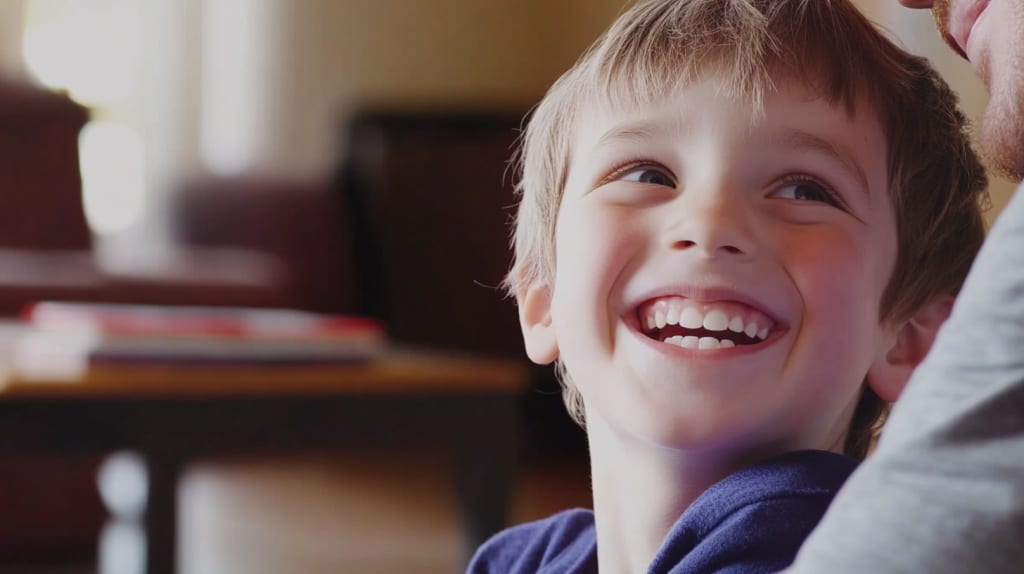Contact Lenses for Kids

As a parent with no experience of wearing contact lenses, the thought of your kids wearing these may be daunting. From playing sports to a clearer vision than glasses wear, there are many reasons kids are interested in soft contact lenses. If your kids are thinking of starting their journey with contact lenses, below are some things to consider.
What contact lenses are recommended for children?
Only disposable contact lenses are recommended for children, even for those who choose this as their main form of visual correction. This is because there is no cleaning or maintenance associated with daily lenses. It is the safest soft contact lens option and has been shown to have a risk of eye infection of around 1 case per 5,000 wearers per year. It is only when their prescription can no longer be catered for in daily lenses that they will be recommended reusable contact lenses.
Controlling nearsightedness with contact lenses
We are seeing more children with myopia (nearsightedness) than ever before. The younger a child has myopia, the greater the chance that their prescription will increase with age. High myopia is undesirable as it makes you more reliant on refractive correction, your glasses become thicker and heavier, and you are more at risk for certain eye conditions such as retinal holes or detachments.
- MiSight 1 Day
- Menicon Bloom Day
- Abiliti 1 Day
- MYLO
It is best to discuss myopia-controlling lenses with your Optometrist.
Are contact lenses safe for children to wear?
Contact lenses are safe for children to wear. Research supports this, showing that the risk of eye infection in children (8-12 years) wearing soft contact lenses appears to be lower than in teenagers or adults. Research in 8-12-year-olds wearing soft daily disposable contact lenses for six years revealed no cases of serious eye infections, as well as no changes to their ocular health appearance when viewed with clinical microscopes.
What can I do to support my children wearing contact lenses?
This will be a new experience for your kids as well. Encouraging them as they take their contact lenses in and out will be extremely helpful in the first few months. They may still be struggling with their technique, and having support there will boost their confidence. This will also allow you to ensure they are complying with the appropriate contact lens wear and disposal of lenses. Ensure they are seen yearly by their Optometrist to ensure that the fit and vision through the contact lenses are optimal, as well as to ensure your child’s eye surface is healthy.
























